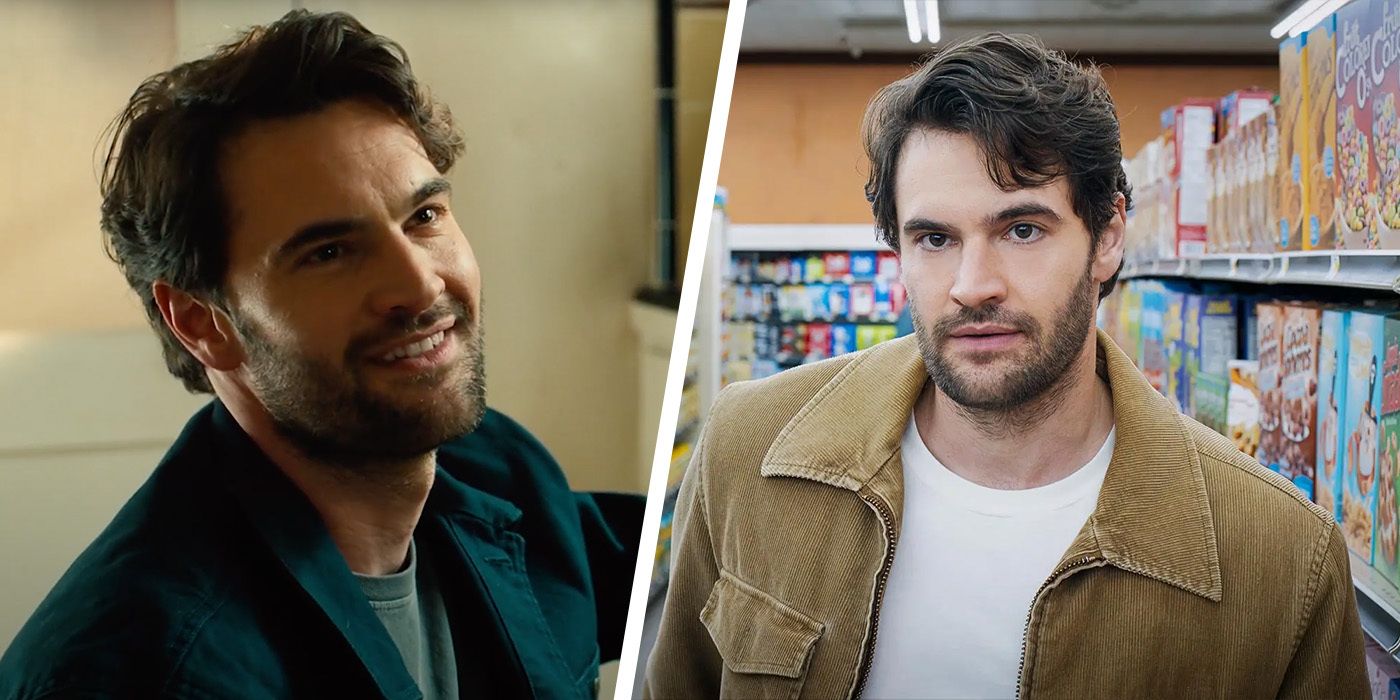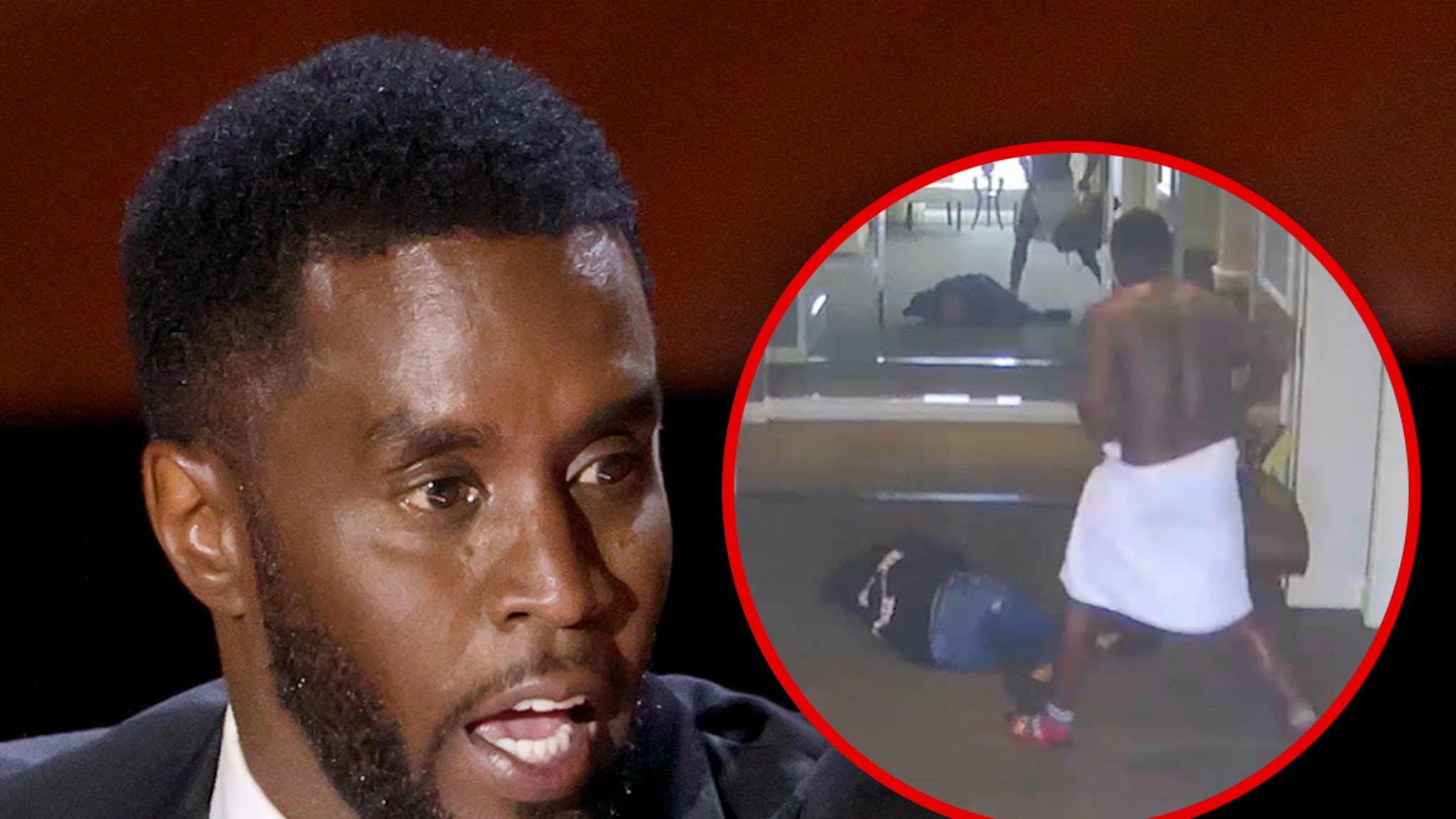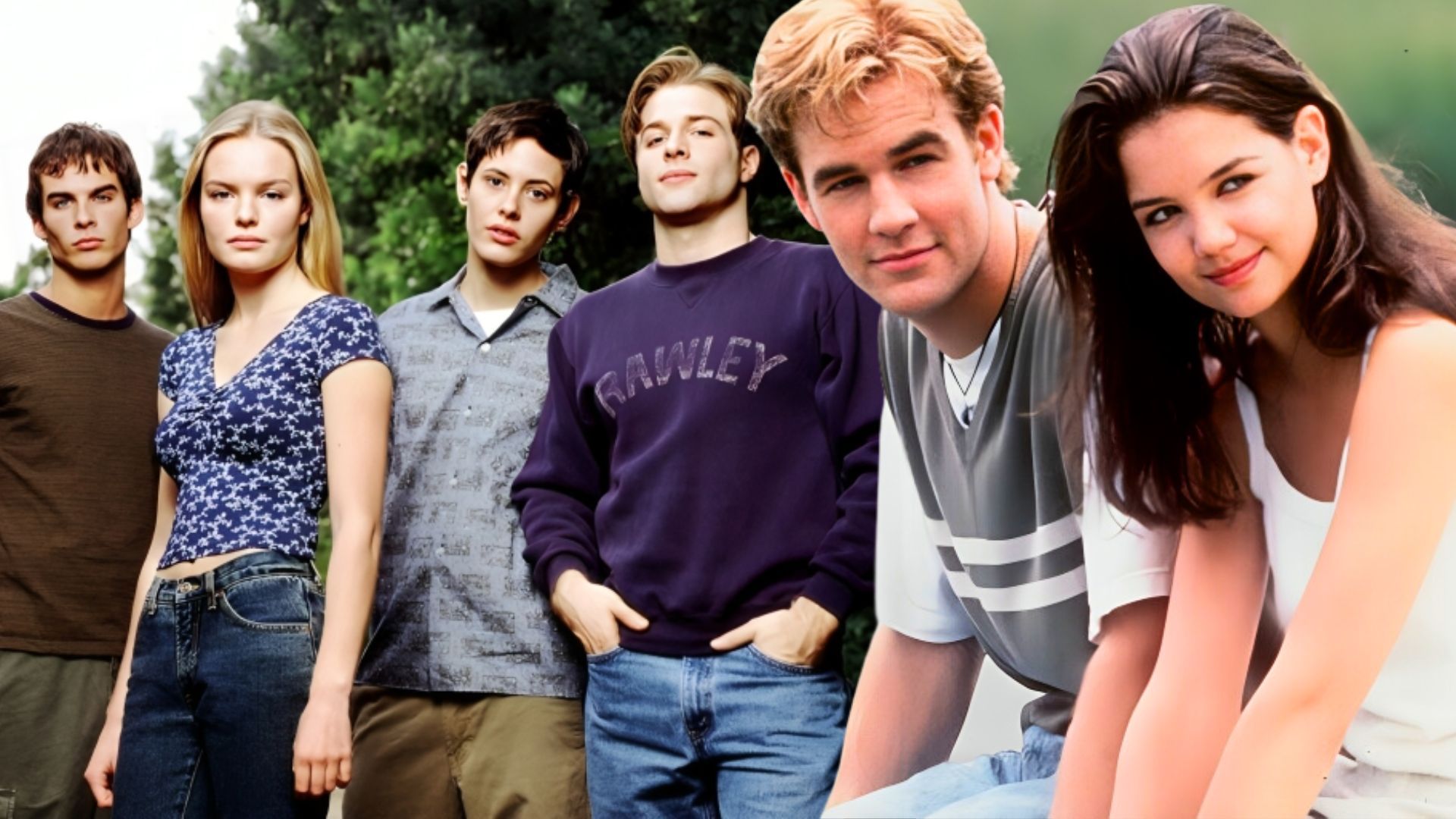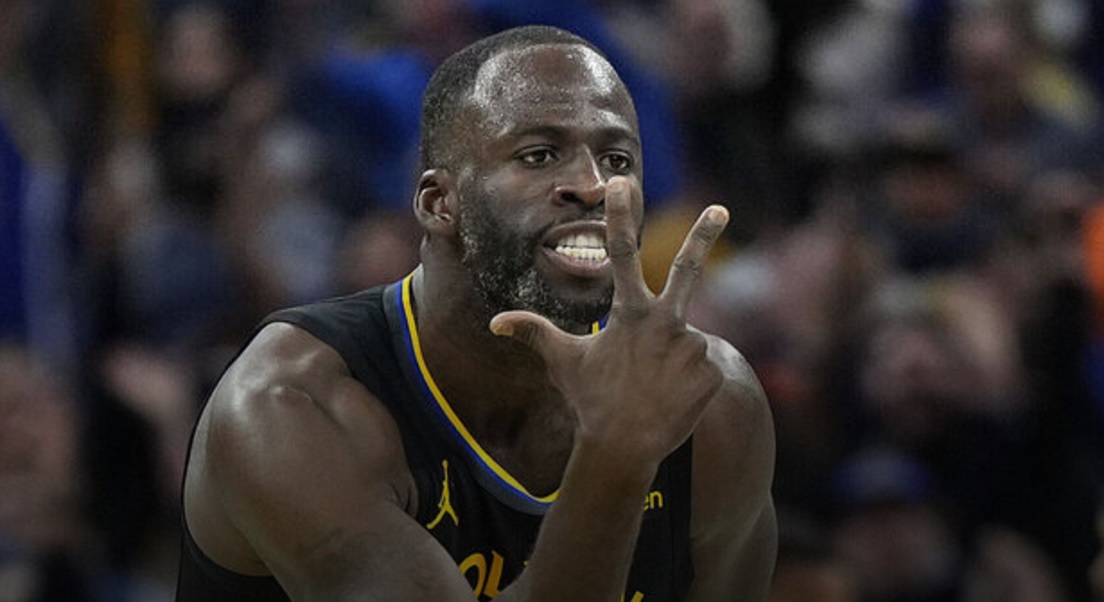The world is ending, and nobody cares. People have had a timeline for this based on the nearly incontrovertible proof of humanity’s demise, and the desperate warnings of scientists and experts have been willfully ignored and aggressively misinterpreted. People don’t agree with experts, scientists, or the government much, even when the threat of the species is imminent. What’s happened to us?
Is this a description of the state of the world regarding climate change, or a plot synopsis of the new film Don’t Look Up? That is the question director Adam McKay wants to ask audiences. McKay uses the fictional discovery of an impending, planet-killing comet and its six-month course directly towards earth as an allegory for the current political and ecological situation. Unfortunately, the movie’s delivery doesn’t live up to its excellent concept.
MOVIEWEB VIDEO OF THE DAY
McKay has had an interesting career. Beginning with his extremely successful comedies with Will Ferrell (Anchorman, Step Brothers), McKay has since moved to more dramatic films (Joker) and hybrids of the two (The Big Short). Don’t Look Up attempts to do for climate change what The Big Short did for the 2008 financial crisis—tackle a difficult subject through a satirical lens with an incredible and massive cast of stars, but where The Big Short succeeded, Don’t Look Up struggles.
Related: The Big Short Review: A Damning Indictment of Wall Street
The film follows two Michigan scientists played by Leonardo DiCaprio and Jennifer Lawrence, the latter of whom discovers the apocalyptic comet with nearly a 100% chance of destroying Earth. They begin a long, protracted attempt at getting anyone to care, from the government and its Trump-esque president (played by a wasted but wonderfully warped Meryl Streep) to the dismissive media.
Netflix
Countless stars fill largely insignificant roles throughout the scientists’ frustratingly inconsequential quest. Jonah Hill improvises his way through a few scenes as Streep’s son and Chief of Staff, Tyler Perry appears as a petty caricature of a talk show host, Arianna Grande has an utterly superfluous subplot and musical moment with Kid Cudi, Melanie Lynskey is generally absent as DiCaprio’s wife, Timothee Chalomet and Chris Evans show up for literally no reason at all, Rob Morgan is thankless as an unnecessary sidekick, and Ron Perlman is ridiculously over-the-top as a politically incorrect astronaut.
When a film is stuffed with so many stars, it’s hard for any one of them to shine. However, Cate Blanchett and Mark Rylance are incredible in very specific, odd roles. Blanchett is the other co-host of an overly peppy, blissfully ignorant talk show who begins an affair with ‘sexy scientist’ DiCaprio. She is perfect in every scene she’s in, whether she’s monologuing about the presidents she’s slept with, lusting after the schlubby Midwestern scientist, or embracing her hilariously unsentimental and cynical attitude toward the world. Rylance gives one of the strongest performances of the year as an extremely powerful tech giant who is a third Mister Rogers, a third Steve Jobs, and a third Joe Biden. It’s small, but it’s such a weird and masterfully crafted role by the Oscar-winning actor.
Aside from those two performative highlights (and a reliably funny running joke about a Pentagon general who charges people for free White House snacks), the film is surprisingly unfunny, given McKay’s pedigree and the actors he’s assembled. This is due to a variety of reasons—the subject matter gets extremely dark, and the film practically abandons humor completely in its last half-hour; DiCaprio and Lawrence are tasked with carrying the film, but neither is particularly funny (though the former is genuinely good at the anxiety and banality his character requires, and Lawrence excels at snark); McKay seems to have no interest in directing the movie with the same comical energy he is usually so good at.
If the film isn’t funny, it’s also not particularly dramatic. Too many subplots, characters, and narrative cul-de-sacs prevent any buildup of tension or emotional investment. The film doesn’t take itself seriously enough to be dramatic, but its subject matter and trajectory are hardly funny. McKay knows how to fuse comedy and drama excellently, but he simply doesn’t pull it off here.
Netflix
None of this is to say that the film is a total failure; in fact, some people actually loved it. The premise is actually kind of brilliant, allowing McKay to dissect the current moment through his fictional scenario. The director is obviously angry and frustrated that the world continues to ignore, bicker over, or attack experts and scientists on a wide range of currently crucial subjects, from the coronavirus to climate change, and he channels this through some of his characters.
Related: Don’t Look Up Review: Netflix’s Sledgehammer Satire of America’s Political Divisions
“You know how many ‘the world is ending’ meetings we’ve had over the years?” the president asks the scientists mockingly before telling them to “wait and assess,” despite the comet’s soon impact. Someone in the media reports that “Jewish billionaires invented this comet so that the government could take away our liberty,” echoing actual statements from conspiracy theorists like Marjorie Taylor Greene. “Keep it light,” one of the talk show hosts says as the scientists prepare to tell the world of their planet-killing findings. “Sadness is bad,” the tech billionaire tells people. It’s clear that nobody wants to listen to upsetting facts.
DiCaprio’s character gets caught up in this madness, first in disbelief and then by getting sucked into the celebrity culture which surrounds him until realizing that nobody is doing anything to prevent the coming end of the world. His anxiety builds until he has a nervous breakdown of sorts while giving a speech on national television in what is easily the film’s best scene. DiCaprio himself worked and reworked on the speech with McKay roughly 15 times, and his attentive commitment paid off. The speech is a searing indictment of the contemporary moment when people can’t agree on vaccinations, masks, environmental catastrophe, politics, and pretty much anything else.
Sometimes, we need to just be able to say things to one another, we need to be able to hear things. If we can’t all agree at the bare minimum that a giant comet the size of mount Everest hurtling its way towards planet earth is not a good thing, then what the hell happened to us? I mean, my God, how do we even talk to each other, what have we done to ourselves, how do we fix it? We should’ve deflected this comet when we had the chance, but we didn’t do it, I don’t know why we didn’t do it […] I’m sure people aren’t even going to listen to what I just said because they have their own political ideology, but I assure you, I am not on one side or the other, I’m just telling you the truth!
Netflix
This speech, while reminiscent of Network’s “mad as hell” moment and somewhat derivative, is the resuscitated heart of a previously lifeless film, waking it up as a dark, depressing drama (which nonetheless still digresses into painfully unfunny scenes of ‘comedy’). The speech is an excellent encapsulation of the present age’s division and frustrating gridlock, capturing the incredulity scientists and those who believe them feel when their urgent warnings are ignored by large swaths of the population. It’s an angry, despairing shout into the cultural void, and one hopes that some hear its echo.
Related: Leonardo DiCaprio Helped Rewrite Don’t Look Up’s Funniest Scene 15 Times
Another interesting scene occurs in the homestretch of the movie, when the comet’s crash course is completely visible in the night sky. Traffic stops, and the busy world pauses, climbing out of their cars and looking out their windows at the thing they didn’t believe in. This illuminates the sad truth that humanity only generally reacts to catastrophes when they’re visible and happening, long after warnings were made. The most dramatic effects of climate change are currently not totally visible (at least not from the vantage point of most of the United States; it’s a different story in Madagascar, India, and the Arctic), leading many to dismiss the dire predictions and governments to postpone drastic interventions. Unfortunately, it will be too late to fix much when the worst happens, something the film makes abundantly clear.
Technically, McKay and Netflix have put together a really polished production. Everything looks great thanks to some perfect lighting, McKay’s typically playful use of onscreen text, and Oscar-winning cinematographer Linus Sandgren’s excellent work. For some reason, though, McKay inserts a pointlessly lengthy amount of dull stock footage (plants, babies, lizards, etc.) for seemingly no reason; it’s actually laughable, and probably not intentionally so.
Don’t Look Up is an honestly noble and necessary effort, creating a unique way to talk about things people usually either fight over or ignore entirely. Maybe the restrictions and pandemonium of the pandemic affected the film, or maybe McKay merely attempts to do too much here, his head and his heart pushing him to pack as much social commentary as he can into an already overstuffed movie. Whatever the reasons are, the result is an utter surprise—an unfunny, tiresome satire by a master comedian and satirist; a huge amount of excellent talent, almost entirely wasted; a brilliant, urgent allegory and heartfelt effort which falls apart on film. It’s odd to say that a film can be both important and fail, but Don’t Look Up manages to somehow do both.
Ant-Man Writer Adam McKay Still Wants to Bring Silver Surfer Into the MCU
Read Next
About The Author
Matthew Mahler
(23 Articles Published)
Writer for Movieweb.com since 2021. Lover of film, philosophy, and theology. Amateur human.
You can view the original article HERE.






























